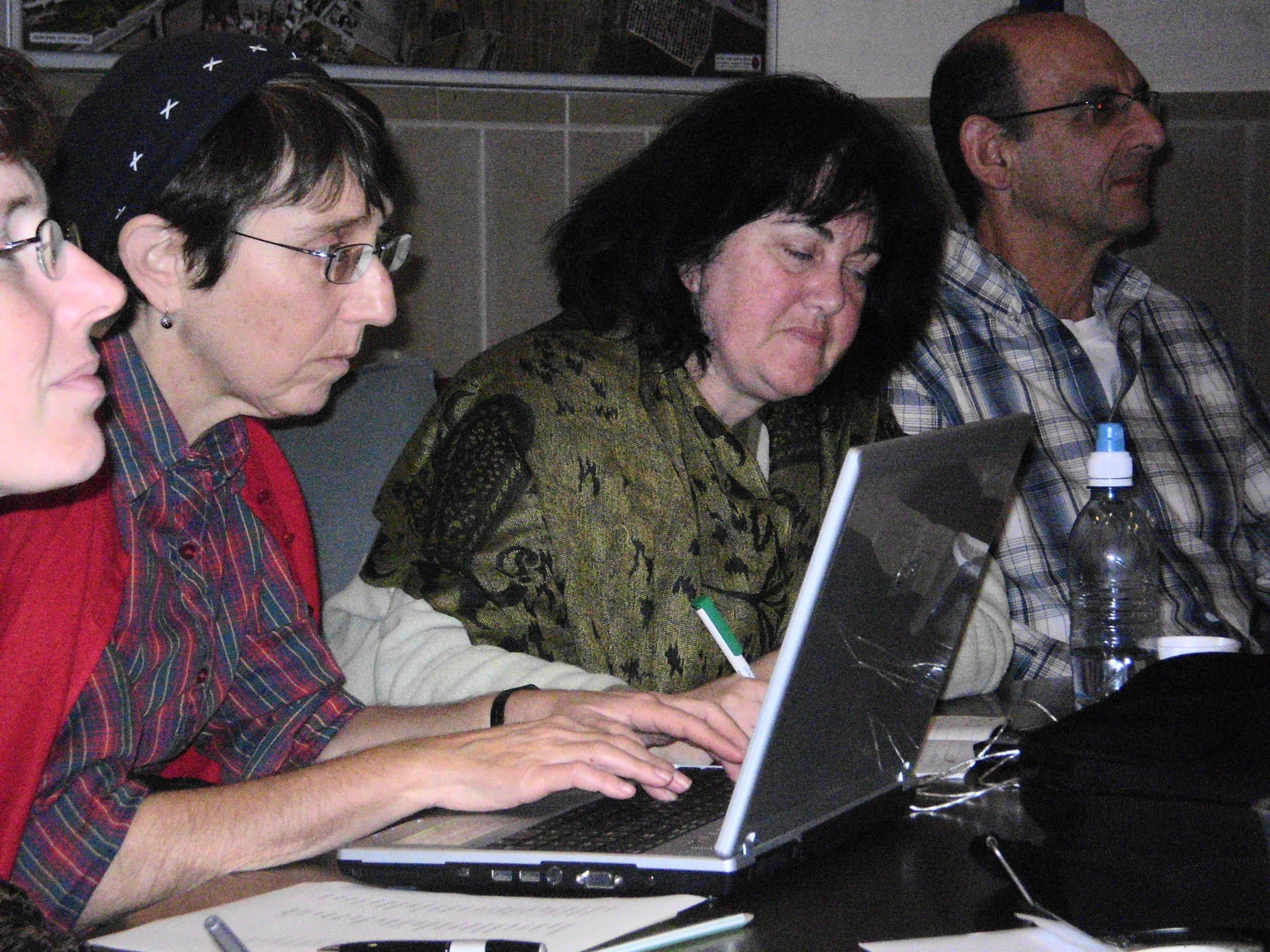Improve Your Memory - Summary
/Hezi Asher showed us many feats of memory, reciting pi to many digits and the days of the week for specific dates were just a few. But he also gave us some tricks, he and others use to improve memory.






Sherlock Holmes said that the brain is like an attic: It can’t be made larger. But Hezi showed us how we can make the attic larger; we can make our memory better.
Memory: the ability we use to remember things. Cell phones, computers, and other forms of reminders have made it harder for us to do it ourselves.
But we need memory to learn material, know people. How frustrated we get when we can’t remember who that was when we see them on the street. That is one of the differences between good memory and so-so memory.
Memory is power and control. By paying attention, remembering birthdays to specific facts, we can save money and time. We need a good memory for work and school, and it also makes a good impression on others.
Short term memory is weak and good for about 30 seconds. We use it to remember things like numbers, up to 7 digits. Thirty seconds is enough time to dial a phone number. It is easily erased. Long term memory is without boundaries and includes:
- recall
- recognition
- relearning
Relearning is, for example, when an actor needs to remember a role he played many years before. Recall is remembering names. Recognition vs. recall: recognition is slower and is not always certain.
Recognition has a certain portion of urban legend. Hezi uses the Titanic as an example showing us how many facts we think we know, but really don’t. Capital of a big country vs. a small one: we are more likely to know the capital of the big country just because of recognition. Different people tend to have memory for different kinds of specialties: names, sounds, or numbers. Everyone remembers what is good for him, what he likes, or whatever he’s interested in. Someone can have a phenomenal memory for numbers, but still may not be able to remember to leave messages or be able to get kids out of the house in the morning.
What causes us to remember some things and not others? What techniques can we use to help us remember? What can we use as tools? Hezi describes tools like hangars in a closet: we can leave things piled on a chair or put them into the closet. These hangers help us remember small things, interesting things, or the out of the ordinary things.
What is out of the ordinary? The famous picture of Einstein sticking out his tongue or a big news event that occurred on the day one got married. We can help remember something if we give it some importance.
To help our memory we need to pay attention: be interested in what we want to remember, or even something we are already familiar with it. It’s easier to remember information about someone that is famous or someplace important. As we do day to day actions, we don’t normally pay attention to the small things.
What causes us to forget? We can be scatterbrained, not be interested, not pay attention, or don’t put things in the right place. We may also write things on little papers and not where they belong, or just simply procrastinate.
What can help us remember? Visualization of what we want to remember.
How do we remember things? We use abbreviations, such as Tanach or ROYGBIV.
What about how to remember taxonomy: kingdom phylum class order family genus species? A picture and sentence to go with it such as of Little Red Riding Hood: Keep playing cool or false grandma strikes. A story can be used to remember a string of facts or names, such as the first emperors of Rome.
Another method Hezi uses exploits something very familiar, such as the rooms in his house. Take what is in the room in a known sequence. Each item in the room will have an association. If there are more items to remember, use more rooms, more associations that are “alive.”
”Another tip, start with something small and then work up. With each positive experience, remembering more, we will want to do it more.
How to remember names? Look for facial features that you can associate with the name or create a caricature in your mind related to the person's appearance.
The lecture by Hezi Asher made me feel like I was at the “Mr. Memory” show in Hitchcock’s movie the “39 Steps.” Hezi showed us many feats of memory, such as reciting pi and giving us the days of the week for specific dates in 2007. But he also gave us some tricks, at least tricks he uses to improve his memory. I do not know if his tools can be used by everyone. I find myself wondering if I can file everything in places as he can. I don’t think I want to know the day of the week for every day in the 2008 calendar, but I do want to have better recall and be able to remember things. I think that we all learned something from Hezi. We can improve our memory. First of all, we have to want to put an effort into it; find the way to make it interesting to us. It may be as simple as paying attention to the details: rereading a recipe before we start to cook, watch the road more carefully if someone else drives, or try to associate a person’s name with where we met. We can all take steps to improve our memory; but we have to want to do it.








